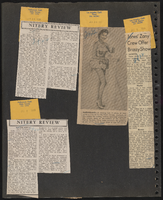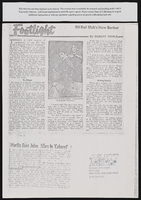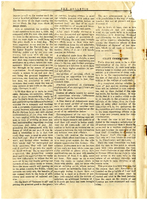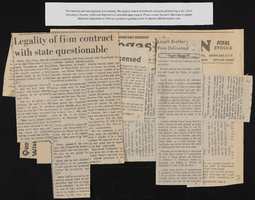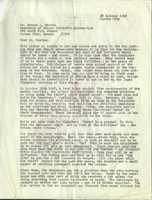Search the Special Collections and Archives Portal
Search Results

Meeting minutes for Consolidated Student Senate, University of Nevada, Las Vegas, September 30, 1980
Date
1980-09-30
Archival Collection
Description
Includes meeting agenda and minutes. CSUN Session 10 Meeting Minutes and Agendas.
Text

Meeting minutes for Consolidated Student Senate University of Nevada, Las Vegas, August 14, 1984
Date
1984-08-14
Archival Collection
Description
Includes meeting agenda and minutes with additional operating policies. CSUN Session 14 Meeting Minutes and Agendas.
Text
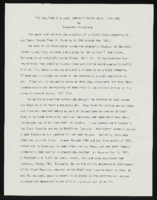
"The Evolution of a Black Community in Las Vegas: 1905-1940": manuscript draft by Roosevelt Fitzgerald
Date
1970 (year approximate) to 1996 (year approximate)
Archival Collection
Description
From the Roosevelt Fitzgerald Professional Papers (MS-01082) -- Unpublished manuscripts file.
Text
Pagination
Refine my results
Content Type
Creator or Contributor
Subject
Archival Collection
Digital Project
Resource Type
Year
Material Type
Place
Language
Records Classification



